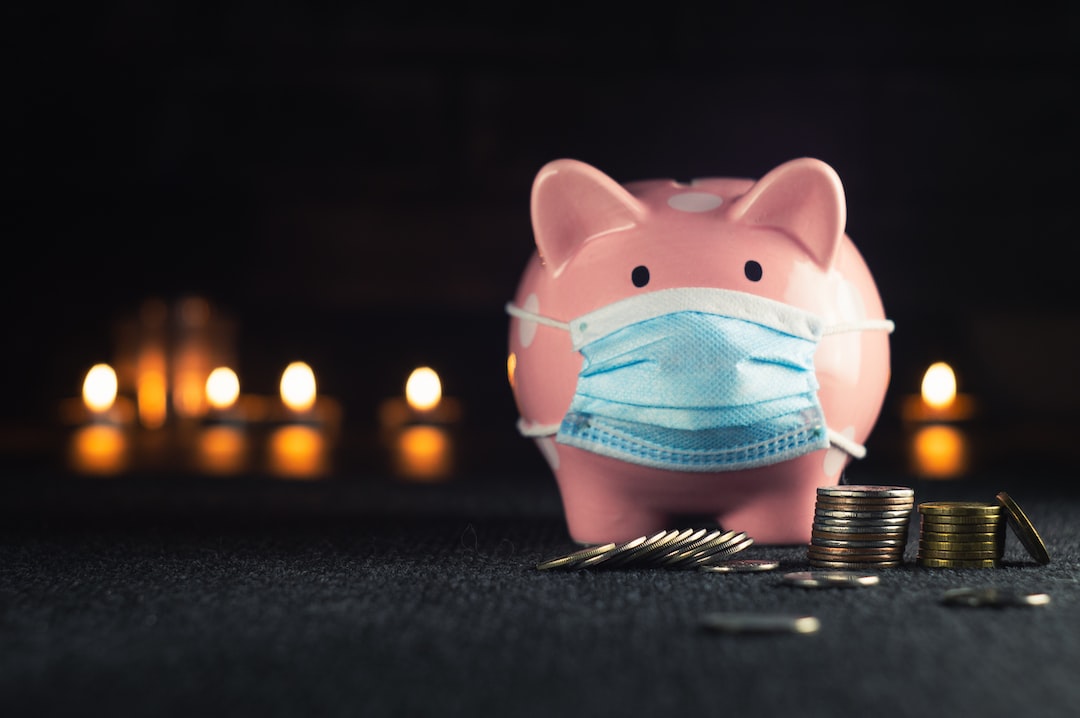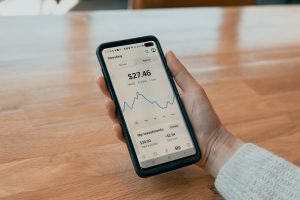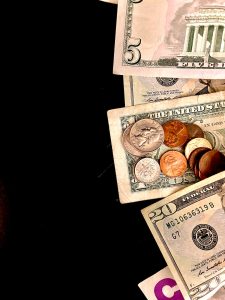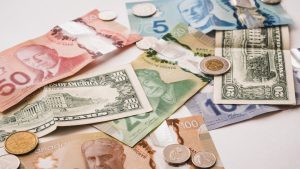The foreign exchange market, commonly known as the forex market, is the largest financial market in the world, with a daily trading volume of over $5.3 trillion. It is a decentralized market, meaning that it operates 24 hours a day, five days a week, across all time zones. The forex market is open to anyone who wishes to trade currencies, including individuals, institutions, corporations, banks, and governments. In this article, we will take a closer look at who participates in the forex market.
Individual traders
Individual traders, also known as retail traders, are individuals who trade currencies for personal gain. They participate in the forex market through online brokers, who provide them with access to the market and trading platforms. Retail traders are attracted to the forex market because of its high liquidity, low transaction costs, and round-the-clock trading. They can trade currencies on margin, which means they can control larger positions with a smaller amount of capital. However, retail traders face a high degree of risk due to the volatility of the market and the lack of regulation in some jurisdictions.
Institutional traders
Institutional traders are professional traders who trade on behalf of institutions such as hedge funds, mutual funds, and pension funds. They have access to sophisticated trading platforms and advanced trading strategies, which enable them to take advantage of market inefficiencies and make profits for their clients. Institutional traders trade in large volumes, which can significantly impact the market. They often use algorithms and automated trading systems to execute trades quickly and efficiently.
Corporations
Corporations participate in the forex market to manage their foreign exchange risk. They may have exposure to foreign currencies due to their international operations, such as importing or exporting goods and services. To manage this risk, corporations use various hedging strategies, such as forward contracts, options, and futures. They may also engage in currency speculation to make profits from fluctuations in exchange rates.
Banks
Banks are the largest participants in the forex market, accounting for over 50% of the daily trading volume. They participate in the market to facilitate foreign trade and investment for their clients, as well as to make profits for themselves. Banks trade currencies on their own account, as well as on behalf of their clients. They also provide liquidity to the market by buying and selling currencies.
Central banks
Central banks, such as the Federal Reserve in the United States, the European Central Bank, and the Bank of Japan, participate in the forex market to manage their countries’ monetary policy. They use various tools, such as interest rates and open market operations, to control the supply of money in the economy and maintain price stability. Central banks also intervene in the forex market to influence the exchange rate of their currency, either to support their economy or to counteract currency speculation.
Conclusion
In conclusion, the forex market is open to a wide range of participants, including individuals, institutions, corporations, banks, and governments. Each participant has a different motive for participating in the market, whether it is for personal gain, to manage risk, to facilitate trade and investment, or to manage monetary policy. The forex market’s high liquidity, low transaction costs, and round-the-clock trading make it an attractive market for participants. However, the market’s volatility and lack of regulation in some jurisdictions also pose a significant risk to participants.





